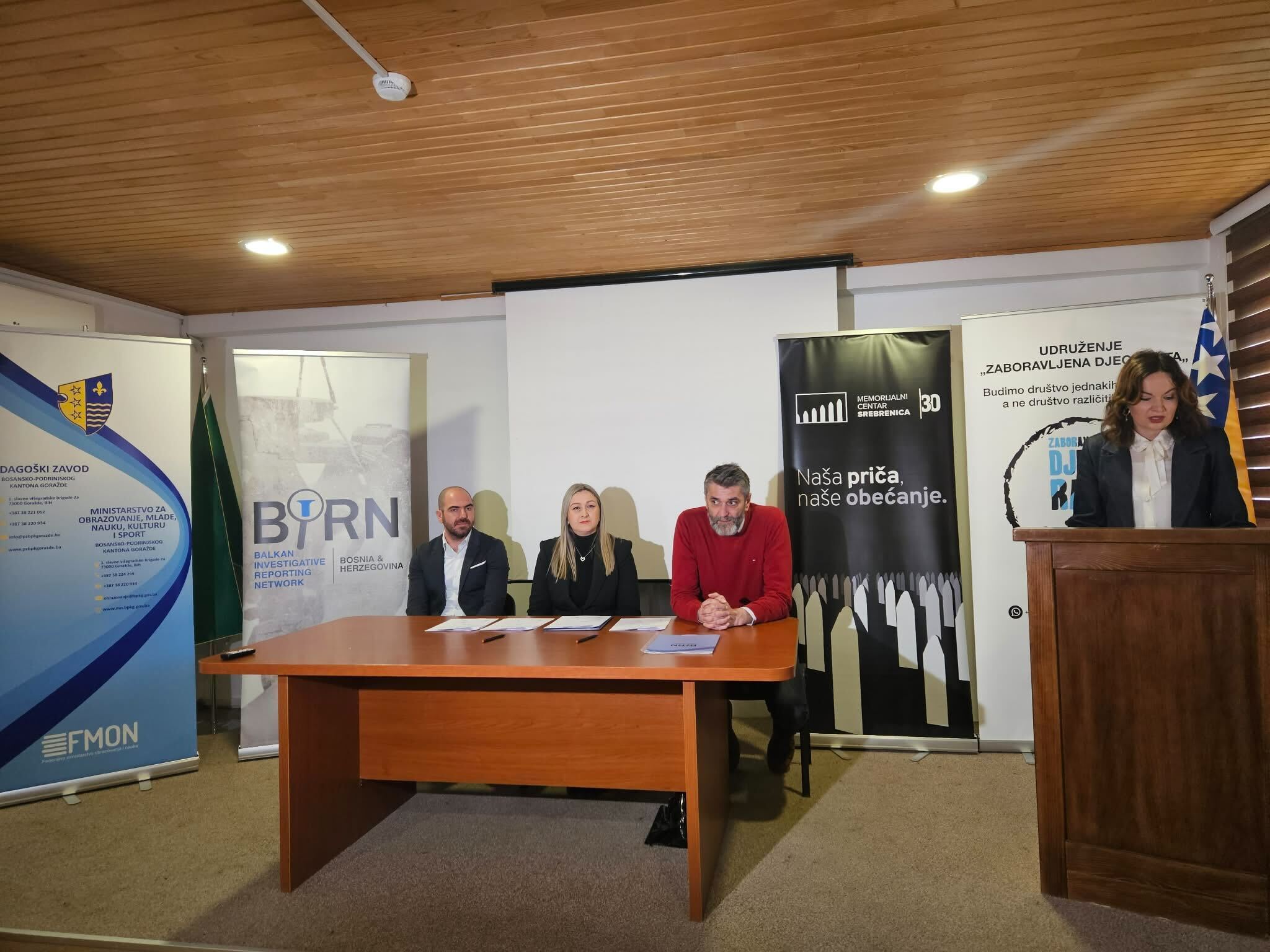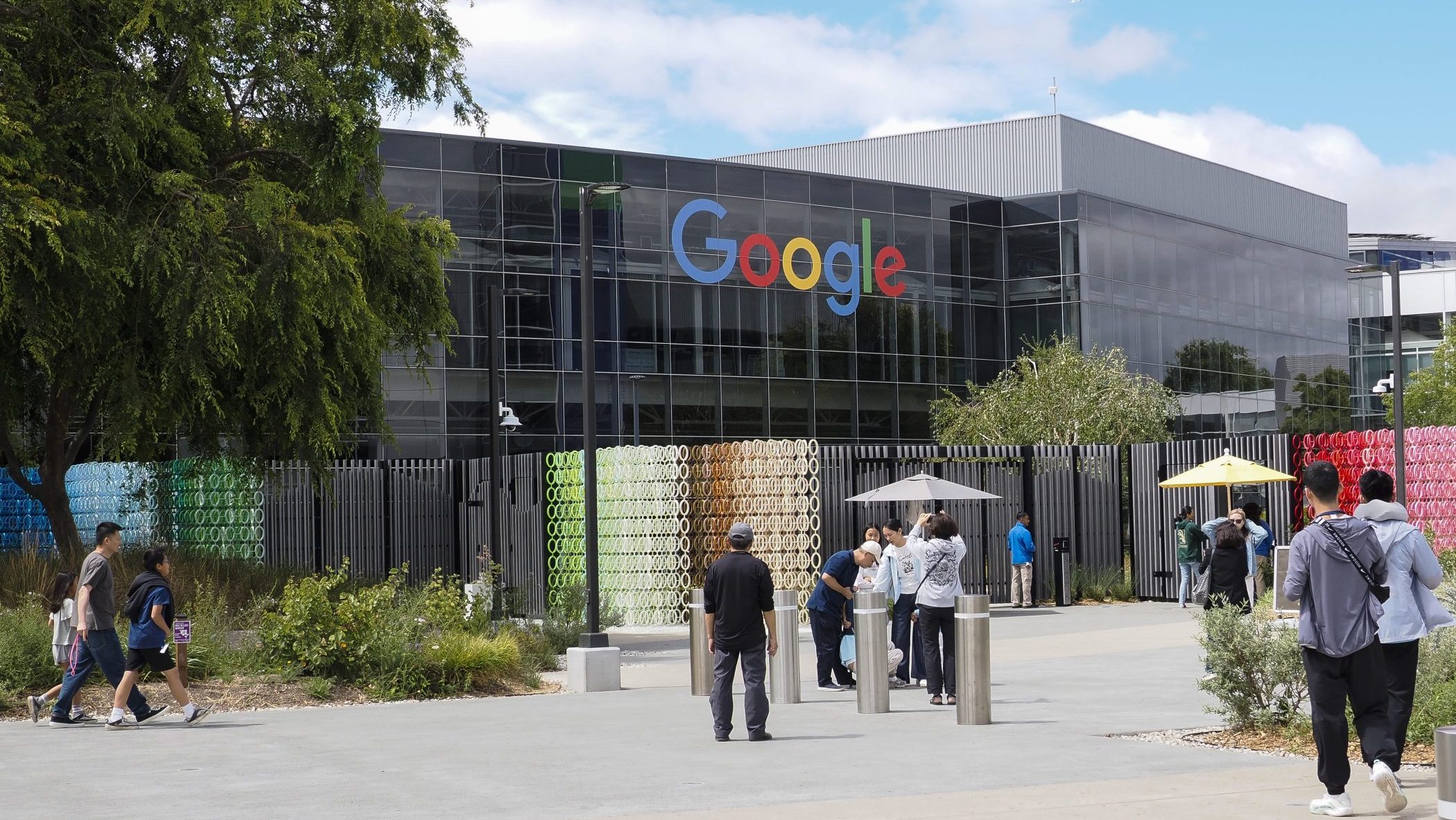This post is also available in: Bosnian
In his brief, Karadzic argues that it is important “to settle once and for all what the International Court of Justice and four other Trial Chambers have already concluded that the events in the municipalities of Bosnia in 1992 did not constitute genocide.”
“This does not mean that the victims did not suffer just as much, or that the crimes committed against them were not as serious, emphasied Karadzic.
Karadzic, former president of Republika Srpska and the supreme commander of its armed forces, is charged with the genocide in Srebrenica, the expulsion of Bosniaks and Croats across Bosnia and Herzegovina, having terrorized civilians in Sarajevo through indiscriminate shelling and sniping, and taking the UN peacekeepers as hostages.
After the prosecutions evidence hearing ended in May this year, Karadzic attempted to have all 11 charges against him dismissed.
The Trial Chamber ruled that the prosecution had presented sufficient evidence for ten out of the 11 counts in the indictment, but it acquitted Karadzic of charges of genocide in seven municipalities in Bosnia and Herzegovina in 1992.
The Trial Chamber concluded that although there are evidence of crimes systematically carried out against Bosniaks and Croats in Bratunac, Foca, Kljuc, Prijedor, Sanski Most, Vlasenica and Zvornik, the nature, scale and context of these crimes do not point to genocidal intent.
Karadzic claims in his brief that even if the Appeals Chamber finds that the erroneous judgment was made, reverse of the acquittal would not be in the interest of justice in this case.
The United Nations can feed two children in Africa for an entire month for 75 Euros cost of one hour of a lawyers time on this case. When multiplying that with a significant number of hours it would take to present defence evidence on Count One, and brief and decide the issue as part of a final judgment, the Appeals Chamber should consider that it would not be a responsible use of public funds to reverse the acquittal, claimed Karadzic.
Karadzic also asked to hold two hearings in Bosnia and Herzegovina – in Sarajevo and Banja Luka – because it would bring the work of the Hague Tribunal directly to the people, fostering a greater understanding of its work and advancing the goal of reconciliation and peace in Bosnia.

